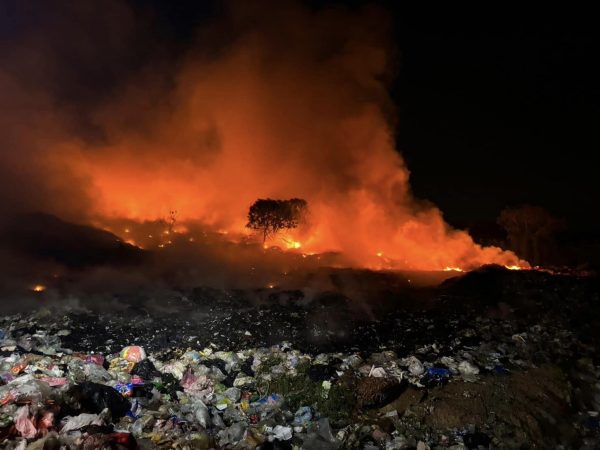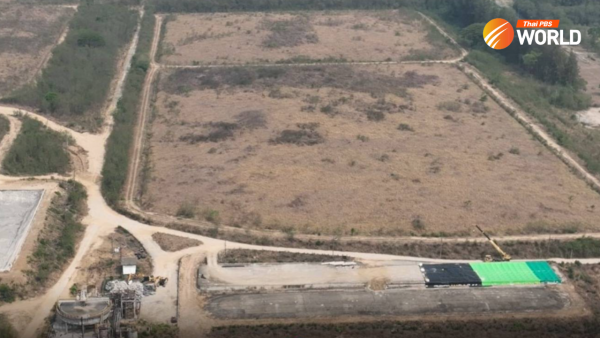COVID contaminated waste should not be burned in crematoria – Pollution Control

COVID-19 contaminated waste should not be incinerated in crematoria, as it would send undesirable odours and particles of toxic gasses and heavy metals that can worsen people’s health and the environment, said Thailand’s Pollution Control Department, amid increasing unmanaged contaminated waste that has prompted many to dump them in crematoria.
The department is therefore seeking changes to regulations to allow COVID-contaminated waste, including used PPE suits, face masks and rapid antigen test kits, to be burned in industrial incinerators or at bio-energy plants, said Director-General Atthaphol Charoenchansa.
The temperatures in temple crematoria, in normal use, are lower than the 760-1,000oC generated in industrial incinerators and lack filtration systems to reduce pollution, which may endanger the health of people living in surrounding areas, he said.
He suggested that the people in charge of home or community isolation facilities consult their local administration organizations, such as sub-district administration organizations or municipalities, which are responsible for the collection and disposal of the COVID-contaminated garbage.
Meanwhile, environment expert Sonthi Kotchawat admitted that people in several communities are choosing to dispose such waste in crematoria because they have no other option.
A recent survey shows that between 200 and 300 tonnes of waste contaminated with the disease are produced each day and an average of 54 tonnes of which are left undisposed.
The eyesore seen at garbage incinerators are rows of red plastic bags containing COVID-contaminated waste, deposited in front of the incinerators waiting to be burned, said Mr. Sonthi, adding that it must be disposed of within seven days or kept in storage at temperatures below 10oC, otherwise the germs will multiply, the waste will emit foul odours and liquid seeping from the waste will contaminate the environment.
He suggested that the issue be brought to the attention of the Centre for COVID-19 Situation Administration (CCSA), which has the power, under Emergency Decree, to solve the problem.






